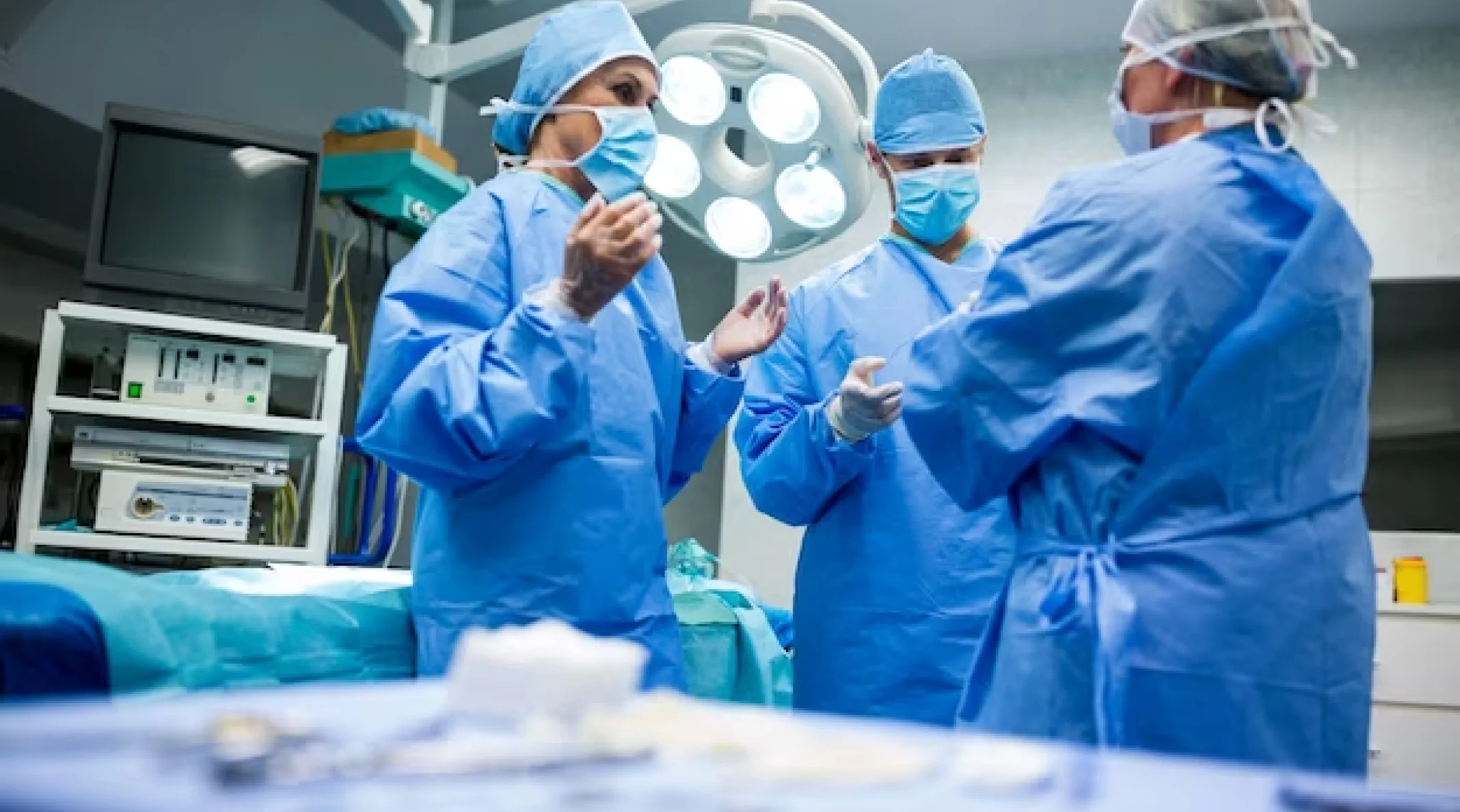
Diagnose & Research
Diagnosis and research are two interconnected pillars of modern medicine, each playing a vital role in advancing our understanding of disease, improving patient outcomes, and driving innovation in healthcare. Diagnosis, the process of identifying a medical condition based on a patient’s signs, symptoms, and laboratory findings, forms the foundation of medical practice. It involves a systematic approach, including medical history-taking, physical examination, diagnostic testing, and differential diagnosis, aimed at uncovering the underlying cause of a patient’s symptoms and guiding appropriate treatment interventions. Diagnosis serves as a critical starting point for patient care, enabling healthcare providers to develop tailored treatment plans, monitor disease progression, and evaluate treatment effectiveness over time.
Conversely, research serves as the engine driving medical progress, pushing the boundaries of scientific knowledge and translating discoveries into clinical practice. Research in medicine encompasses a broad spectrum of activities, from basic science investigations elucidating the molecular mechanisms of disease to clinical trials evaluating the safety and efficacy of new treatments. By conducting rigorous experiments, analyzing data, and publishing findings in peer-reviewed journals, researchers contribute to the collective body of medical knowledge, informing clinical practice guidelines, and shaping healthcare policies. Moreover, research fosters collaboration among scientists, clinicians, and industry partners, facilitating the development of novel therapeutics, diagnostic tools, and medical technologies that have the potential to transform patient care and improve public health outcomes.
The synergy between diagnosis and research is evident in every aspect of medicine, from the bedside to the laboratory. Clinical research studies rely on accurate diagnosis to enroll eligible participants and collect relevant clinical data, while diagnostic testing provides crucial biomarkers and outcome measures for research investigations. Conversely, research findings often inform diagnostic algorithms, refine disease classification criteria, and identify new targets for diagnostic testing or therapeutic intervention. This bidirectional relationship between diagnosis and research creates a virtuous cycle of discovery and innovation, driving continuous improvement in healthcare delivery and patient outcomes.





